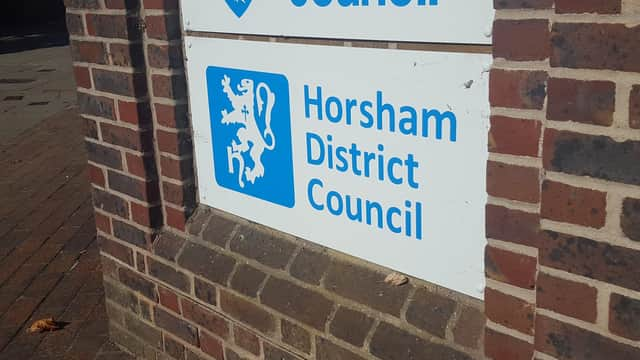More than £2m to be spent introducing food waste collections from businesses and homes


The majority of the money will go towards buying 14 vehicles to collect waste each week.
Approval for the spend was given during a meeting of the full council on Wednesday (April 24).
Advertisement
Hide AdAdvertisement
Hide AdJay Mercer, cabinet member for environmental health, recycling & waste, said the council had been allocated capital funding of £1,486,271 by the government for the domestic waste collection – but this was £1.2m short of what was likely to be needed.
A revenue grant was also in the pipeline, though the council does not yet know how much this would be.
On the domestic waste side, councillors approved up to £2.617m to buy the lorries, including in-cab technology and CCTV, caddies andbins.
The cost will be spread across 2024/25 and 2025/26.
Another £25,000 will be spent on route planning.
For the business collections, they approved £130,000 to buy a vehicles, plus £5,000 for containers.
Advertisement
Hide AdAdvertisement
Hide AdAnother £19,400 was approved to cover extras such as staff wages and running costs.
Mr Mercer said: “We’re not legally obliged to collect food waste from businesses.
“It will however become a legal requirement for businesses over ten full-time equivalent employees to have separate food waste collections by March 2025.
“We need to offer those collections in order to keep the business we already have and to grow the business to generate income for the council and reduce the overall burden on council tax and waste collection.”
Advertisement
Hide AdAdvertisement
Hide AdThe domestic food waste collections for all homes, including flats, will start by March 31 2026.
Colette Blackburn, cabinet member for climate action & nature, said: “Waste is one of the important strands in our current action strategy in order to reduce greenhouse gas emissions.
“We cannot achieve zero carbon across our district on our own – we have to work with our residents to do it.”
The meeting was told that 40% of the waste in the average bin was food, with 70% of that being completely avoidable.
Advertisement
Hide AdAdvertisement
Hide AdMs Blackburn said the amount of food thrown away was ‘absolutely shocking’, blaming bulk buying too much or cooking and serving too much.
But she felt people would catch on quickly to the idea of recycling food, especially with plans to deliver advice on food buying, preparation and storage.